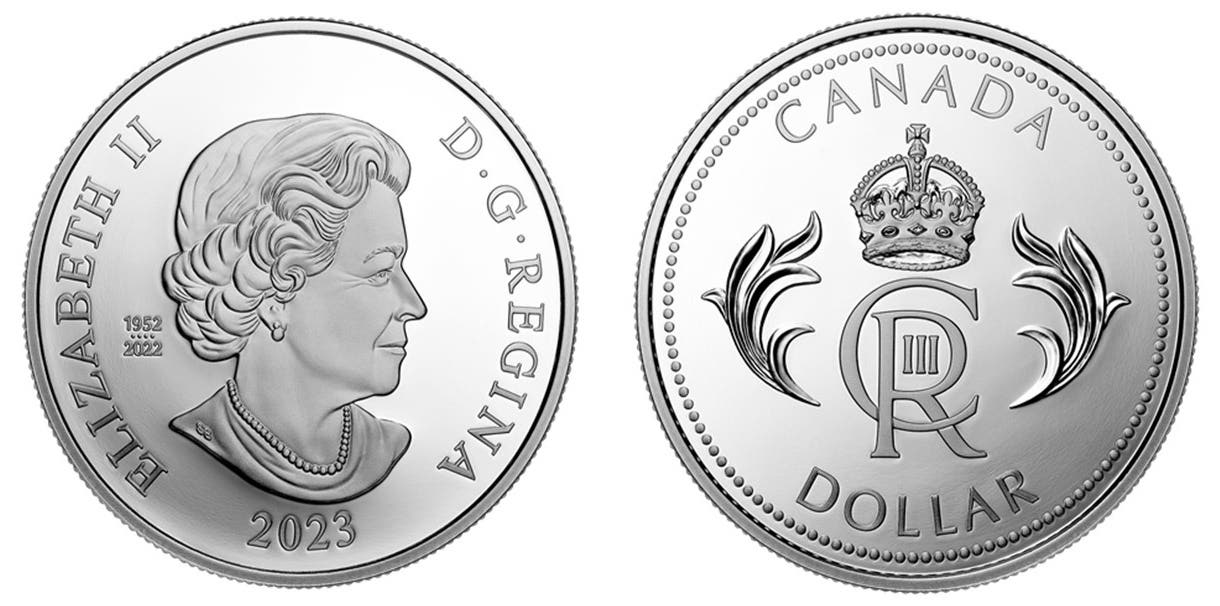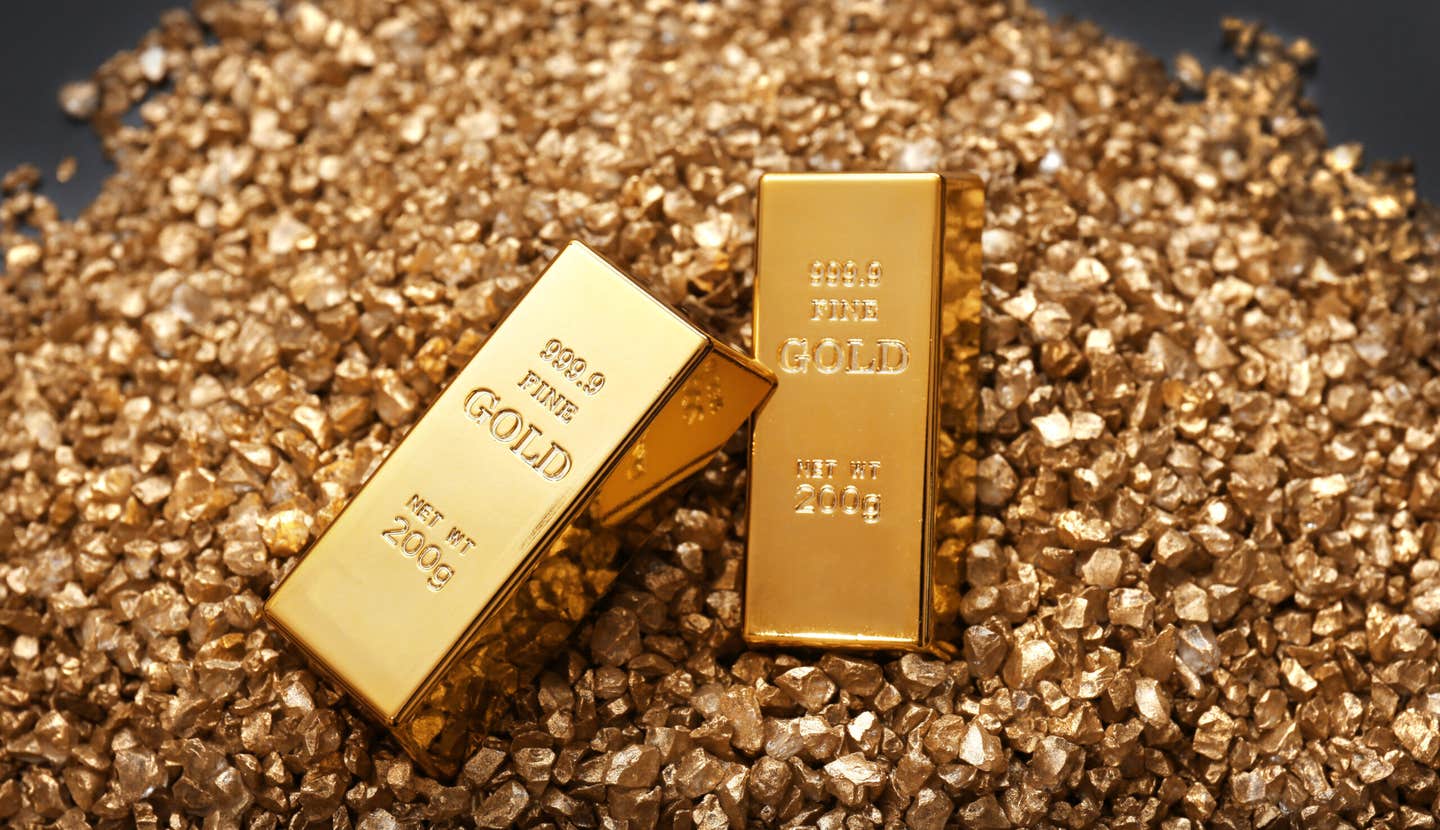Britain Coin Changes Reflect Inflation
In July, the British Treasury denied that the end of the penny was near. However, the government did not order any pennies (or twopence) from the British Royal Mint during 2024.
Coins are a coincidence barometer of the state of the economy of a country. The ancient Romans issued increasingly debased gold aureii and silver denarii coins. The denarius was eventually replaced with the antoninianus or double denarius, which in turn evolved from a silver to a silver wash composition coin. All this reflects the inflation of the times.
In more modern history, we have seen gold coins recalled in 1933, followed by silver being removed from our circulating coins after 1964 (except for the half dollar, which followed after 1970). Once again, these changes are evidence of inflation.
More recently, Australia, Canada, and some European Union nations have phased out their equivalent to the U.S. 1-cent coin. Australia and Canada have also increased their highest-denomination circulating coins.
Great Britain phased out its third farthing in 1913, the coin having been valued at a twelfth of a penny. Since then, Britain has used and then phased out the half farthing (1869), the farthing (last struck in 1956), and the halfpenny (1969). Halfpennies were issued in 1970 for special coin sets.
The English penny evolved from the Roman silver denarius. In time, the silver penny became the bronze and, later, copper-plated steel composition coin now in circulation. In July, the British Treasury denied that the end of the penny was near. However, no pennies were ordered from the British Royal Mint by the government during 2024, and no twopence coins were ordered.
Since the announcement, the Treasury has been accused of “killing cash” despite its denial. According to a Treasury spokesman, “We are not scrapping one penny or twopenny coins. We are confident there are enough coins in the system without the need to order more this year.”
Payment Choice Alliance Campaign Director Martin Quinn said, “This is another slow way of killing cash, the phasing out of bronze money one and two pence coins will lead to prices being rounded up, not rounded down. This will impact prices for consumers, who have already had to deal with high price inflation and a cost of living crisis.”
An unnamed former Conservative party pensions minister was quoted in the July 25 Daily Mail newspaper as saying, “‘The cost of many basic items are often just under a whole pound to make them more attractive but either the prices will be rounded up to the higher full pound amount as change can’t be given or those using cash will have to pay the whole pound which will cost them more.”
Federation of Small Businesses spokesman Craig Beaumont said, “The fact that pennies and twopence already had to change their metal content due to their inherent worth exceeding their face value shows the likely direction of travel. But it will be a case of when – and [that’s] when consumers are ready.”
The facts are that there were no penny coins minted in 2018 or 2019 and no twopenny coins between 2018 and 2022 except in 2021. According to a July 24 British Broadcasting Corporation report, about £7.2 billion in now obsolete paper bank notes have not been cashed in despite the paper £20 and £50 stopped being legal tender in October 2022. The BRM added that there are about 76 million obsolete £1 coins outstanding. The round £1 coin was replaced by a 12-sided version in October 2017.
Great Britain replaced the £1 bank note with a circulating coin in 1988. Ten years later, the British £2 coin was introduced. All these changes were due to the erosion of purchasing power due to inflation.
The downward trend in the use of physical cash increased during the coronavirus pandemic due to lockdowns that prevented a significant amount of spending. Despite this situation, physical cash still accounted for 12 percent of all transactions during 2023, according to the banking trade organization UK Finance. This made the use of coins and bank notes the second most popular way to pay, following debit cards.
About 38 percent of all payments were contactless in 2023. Contactless card transactions are currently limited to £100. According to UK Finance, about 34 percent of adults use mobile contactless payments monthly.
The BRM has established a gold separation facility in two plants previously used to strike coins. The mint is based in Llantrisant, Rhondda Cynon Taf. Primary sources for the gold are circuit boards, laptop computers, and scrapped obsolete cell phones.
The mint is looking to sell its coin blanking operation. An anonymous current employee told This Is Money, “‘They’ve said they won’t take on any more overseas orders but are still going to supply the UK market,” continuing, “‘But they won’t have the facilities to make their own blanks, they’ll be supplied from elsewhere and stamped in the mint.”
The mint offered 200 positions in the new gold recycling operation; however, at least 120 employees participated in an “early release” program offering a full year’s salary up to £30,000.
In late July, the Financial Conduct Authority (FCA) set new plans to protect people’s access to cash via additional banking hubs, ATMs, and post office services beginning Sept. 19.
You may also like:








